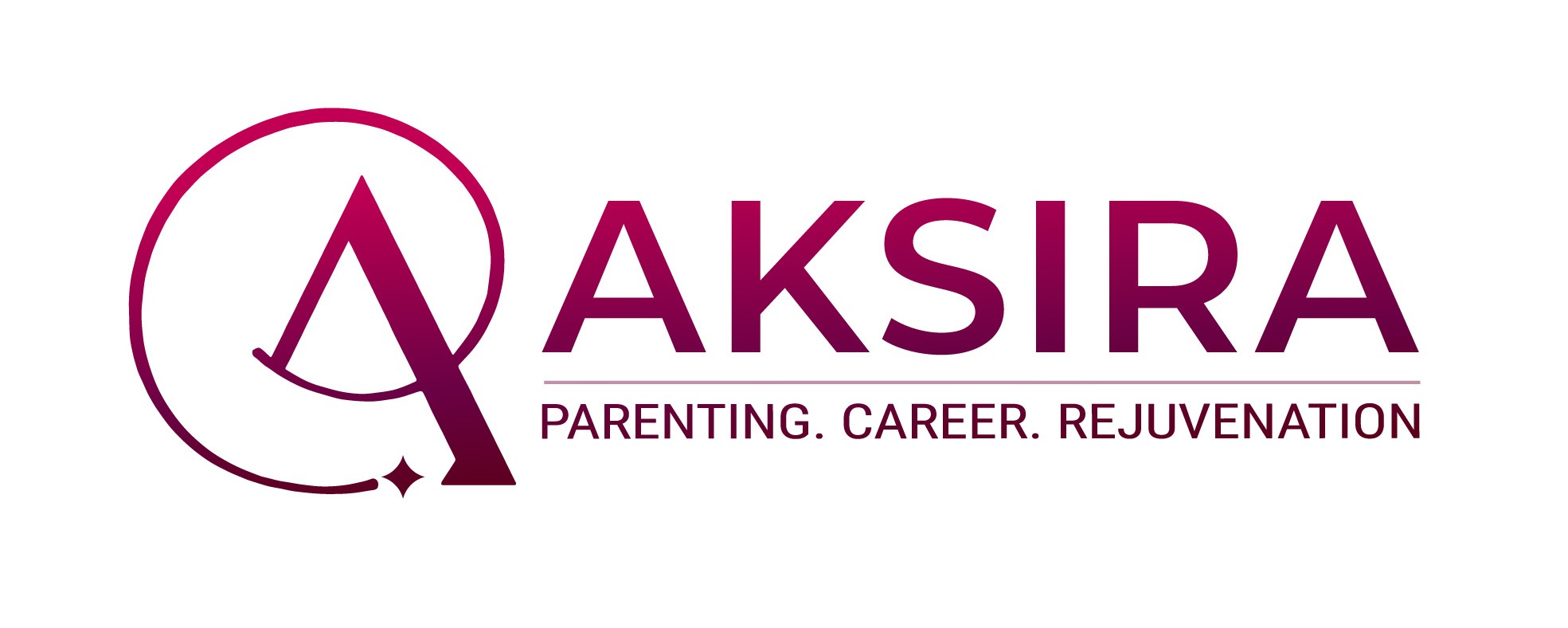Studying abroad is a dream for many students. It gives you a chance to get a global education, explore a new culture, and improve your career opportunities. But with thousands of colleges and hundreds of courses available, choosing the right one can feel confusing. If you are planning to study abroad and are unsure about what course or college to choose, this blog will guide you step-by-step.
- Know Your Interest and Career Goals
The first and most important step is understanding your own interests. What are you passionate about? What career do you see yourself in 5 or 10 years from now? Choosing a course just because it is popular or your friend is doing it can lead to regret later.
Ask yourself:
- What subjects do I enjoy?
- What are my strengths?
- Do I want a job in science, technology, arts, business, or health?
- Do I want to do research, get a corporate job, or start a business?
Having clear goals will help you pick a course that supports your future.
- Research Courses in Detail
Once you have an idea about the field you are interested in, start shortlisting courses. Don’t just look at the course name—read the course content. Different colleges can offer the same course with very different subjects.
Look at:
- The subjects/modules taught
- Internship opportunities
- Research projects
- Job placement support
- Industry connections
Also, check if the course is approved and recognized in your home country if you plan to return and work there.
- Choose the Right Country
The country where you study matters too. Some countries are known for certain types of education. For example:
- USA is known for business, engineering, and IT
- UK offers strong programs in humanities, law, and health sciences
- Canada is known for computer science, environmental studies, and engineering
- Australia is popular for hospitality, education, and nursing
Also, think about:
- Language spoken
- Cost of living
- Work visa rules for students and after graduation
- Safety and lifestyle
Pick a country where you can adjust well and get the education and career support you need.
- Compare Colleges
Once you choose your course and country, start comparing colleges. Every college has its own strengths. Some may have better faculty, while others offer better job placement or lower fees.
While comparing, consider:
- College ranking and reputation
- Accreditation
- Infrastructure and facilities
- Alumni success
- Location and transport
- Student support services
It’s also helpful to read reviews or connect with current or past students online.
- Check Eligibility and Entry Requirements
Different colleges and countries have different entry requirements. Some may ask for high academic scores, entrance exams, or language tests.
Common requirements include:
- Academic transcripts
- IELTS/TOEFL scores (for English-speaking countries)
- SAT, GRE, GMAT (for some courses)
- Statement of Purpose (SOP)
- Letters of Recommendation (LOR)
- Portfolio (for design or art courses)
Make sure you meet the criteria before applying. If not, you can look for foundation or pathway programs.
- Think About Your Budget
Studying abroad can be expensive, so plan your finances in advance.
Include:
- Tuition fees
- Living expenses (rent, food, transport)
- Health insurance
- Visa costs
- Travel expenses
Look for scholarships, student loans, or part-time work opportunities. Many colleges offer financial aid or scholarships based on merit or need.
- Consider Future Career Opportunities
Studying abroad is a big investment, so make sure it helps you get a good job later. Research job opportunities in the country where you plan to study and how easy it is to get a work visa after completing the course.
Check:
- Industry demand
- Work permit rules after graduation
- Internships and job fairs provided by the college
- Alumni placement records
Some countries offer a stay-back period after graduation for job search, which can be very helpful.
- Talk to a Study Abroad Consultant
If you feel overwhelmed, it’s okay to get help. A professional study abroad consultant can help you understand your options, guide you through the application process, and even assist with visas and documentation.
Just make sure you choose a trustworthy and experienced consultant with good reviews.
Final Thoughts
Choosing the right course and college abroad is not a one-day decision. Take your time, do detailed research, talk to people, and think about your goals. Don’t choose a college just because it’s famous—choose the one that is right for you. With the right choice, studying abroad can open the door to a world of exciting opportunities and personal growth.
